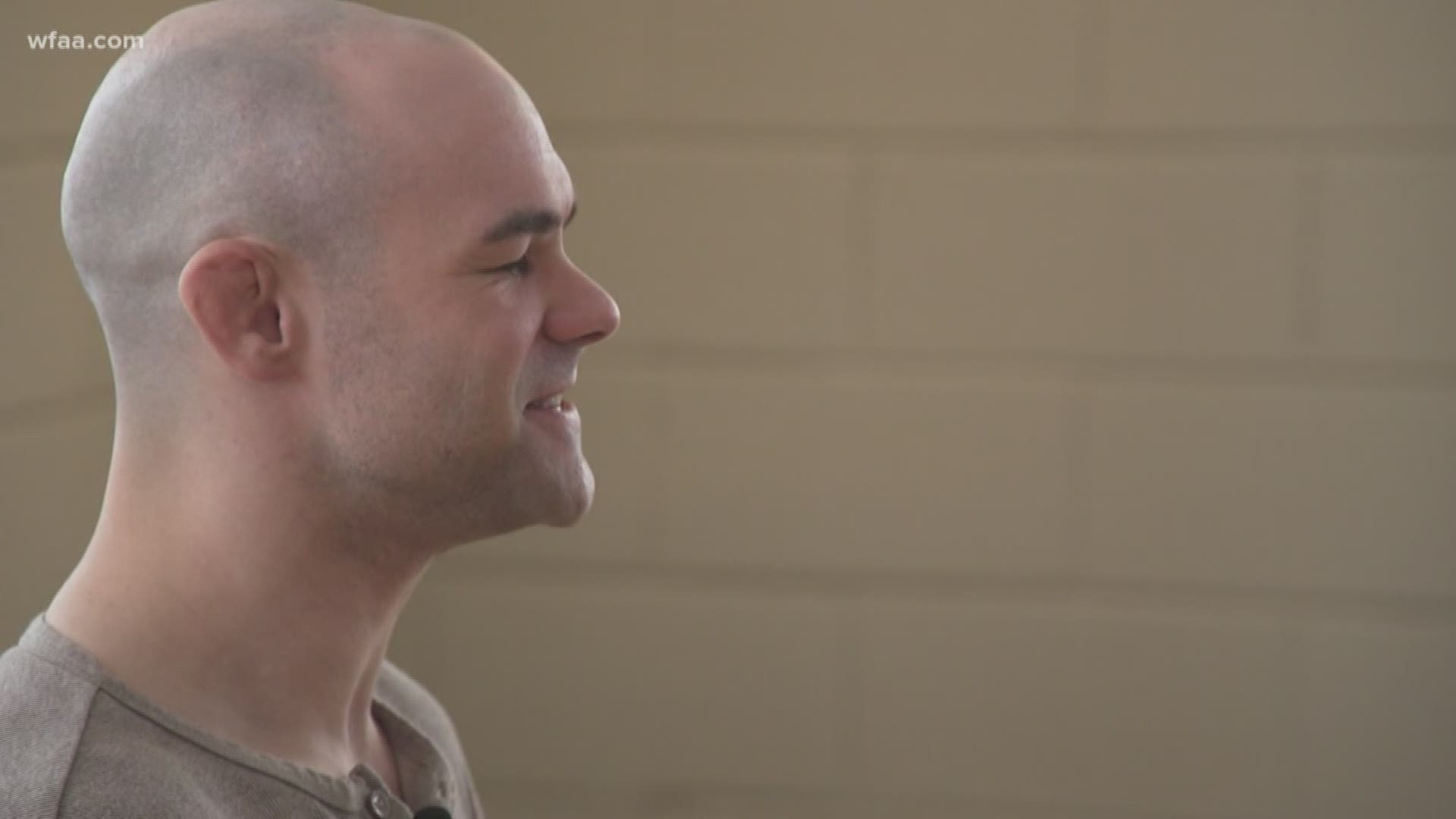For the last 25 years, I've meditated off and on. I'm not an expert, but I like it. I like the way it makes me feel.
But I've always wondered, is it doing anything? Then I realized that's something I could verify. So, here's the question, does meditation work?
How to Meditate
The basic idea behind a meditation practice is to sit comfortably and focus on the in-and-out of your breath. When thoughts pop into your head, like your grocery list, acknowledge that you're thinking. Then without self-judgment, return your focus to the breath.
Here’s a good meditation guide from the New York Times.
There are lots of meditation styles. I'm starting this journey off old-school by tapping into 1,200 years of ancient tradition at Maria Kannon Zen Center in Dallas. In addition to being a philosophy professor, Ben Ross is a meditation instructor, here.
“We're not mindful of the breath. We're always somewhere else doing something else. And Zen is about returning to the present moment. And the easiest way to get in touch with the present moment is to focus on the breath,” Ross tells me.
“It’s no more difficult then, every time I realize I'm not doing my practice, every time I realize I'm not just sitting, I return to the breath. And every time I do that this practice gets stronger and stronger,” he says.
“Even sitting here makes me doubt the validity of this question but are there benefits, proven benefits to meditation or does that not even matter to you?” I ask Ben.
“Have I noticed, since I started meditating that I am more calm? Yes. Do I drive differently? Yes. Those things are very noticeable. What is the source of those things? I think it is literally being able to still my body and mind in a time when stillness is not valued,” he says.
What the Science Says
There are tons of meditation apps out there to help your practice, promises of being 10% happier and $1000 Transcendental Meditation.
What does the science say? I asked Dr. Amishi Jha, a Ph.D. in psychology and neuroscience at the University of Miami. And a giver of Ted Talks.
“This hype needs to be balanced with actual science. Mindfulness is not a panacea. It is beneficial. It has small to modest effects. But those small to modest effects can be quite meaningful,” she tells me.
The beneficial effects are part of growing body of published research.
Like this study from Harvard that shows meditation keeps you healthier. After learning relaxation techniques, like meditation, participants didn't need to go to the doctor as much; needing "43% fewer medical services."
And here's a widely cited study from the journal Psychiatry Research: Neuroimaging: It found an association between meditation and brain growth in the regions that involve learning, memory and emotion regulation.
“If you don't do the daily workout you don't get the benefits. That's what we see over and over again,” Jha says.
In her own lab, people with high-stress careers learned to meditate: service members, elite athletes and firefighters. Dr. Jha found 12-minutes of daily meditation can lead to a 5 percent improvement in their ability to hold their attention.
“If in your lab you’re finding a 5% improvement that really doesn't sound like that much?” I ask.
“It can be the diff between life or death. Think about your surgeon. If they are 5% more attentive the chances of you surviving that surgery are much higher,” she says.
Daily practice
So, meditation can improve your attention. But what kind of impact can that have on your life? Eron Flemmons has been practicing on her couch, since the 80's.
“We wake up every morning with something to do. I've got all these things to do. And we don't wake up thinking I have to ‘be’ today. I have to ‘do’ today. Mediation takes you from that point of ‘doing’ to a point of ‘being’. Just being in the moment,” Flemmons says.
Eron is nurse at Baylor's Sammons Cancer Center. It can be a stressful place. That's why she teaches meditation to both patients and co-workers. She believes it's improving their quality of life.
“What percentage better do you think your life is because of meditation?” I ask.
“I'd say 80,” Flemmons says.
Conclusion
Look, meditation is not going to fix all your all your problems. But the science shows it can make small improvements in your wellness. For some people that's worth at least 12-minutes a day.
Got something you want verified? Send me an email: david@verifytv.com

